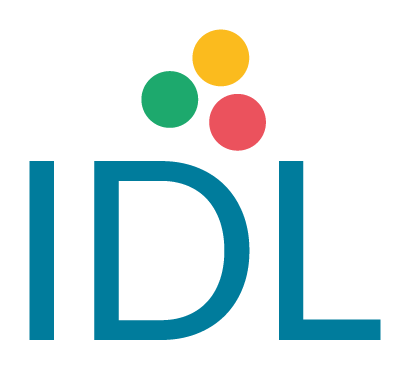What is Dyslexia?
Dyslexia is a common learning disability that affects 1 in 5 people. Dyslexia can cause difficulty in spelling, reading, writing, memory and it can even affect organisational skills.
Indicators of Dyslexia
Dyslexia isn’t as simple as having trouble in these areas, there are different levels of dyslexia making each person unique.
Start Free TrialThis doesn’t mean someone cannot learn to read or write, it just means that extra support might be needed. Below are some signs to look out for:
- Confusing similar letters like p and q, or b and d.
- Difficulty remembering sequences like days of the week or the alphabet.
- Anxiety from reading or writing.
- Preference to dictate written work.
- Misspelling the same word in different ways.
- Confusing similarly-spelt or sounding words, eg: bred and bread.
- Difficulty recognising commonly used words.
- Swapping words or phrases from lines above or below the one they are reading.
- Sloppy handwriting, or poor motor skills.
- Trouble understanding or remembering instructions.
Dyslexia
Like any learning disability, dyslexia can present challenges to school pupils throughout their education and people with dyslexia might feel like they are different to other people. The dyslexic brain works differently, but dyslexia can be as much a strength as it is a learning difficulty, however it is still key to notice the signs of dyslexia as early as possible, so children do not feel isolated. When left undetected, it can be confusing and lonely for dyslexic children.
On the flip side, once a child has been diagnosed with dyslexia it can actually become a “superpower”, as many people with dyslexia have other skill sets that outperform those without dyslexia such as creativity, problem-solving and many more. These traits are often not developed or discovered because the child loses confidence in their own abilities due to undiagnosed dyslexia.
You can learn more about these superpowers in our article 6 Dyslexic Superpowers, and find out about some successful entrepreneurs with dyslexia in our blog 10 Celebrities You Didn’t Know Have Dyslexia.
Rozanne's Dyslexia StoryDyslexia enables me to see things differently, think differently and therefore bring something else to table.
Improving the wellbeing of children with dyslexia and dyscalculia
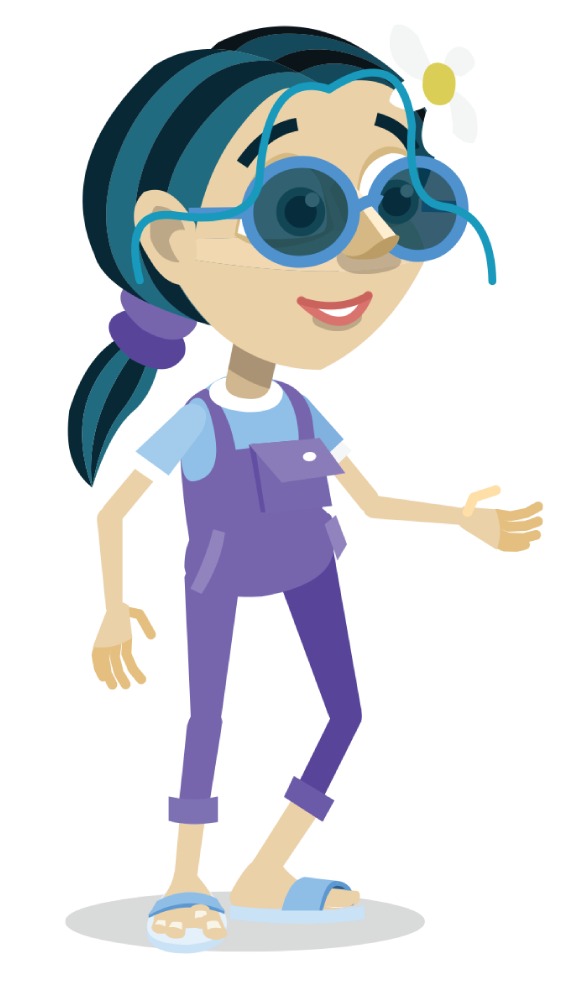
Our Products View All Products
IDL Literacy
The IDL Literacy intervention is a speaking computer based multi-sensory system which supports learners with dyslexia and other learning difficulties to increase their reading and spelling ages.
Learn More
IDL Numeracy
IDL Numeracy is a maths software resource that helps to improve ability for low-attaining learners in mathematics.
Learn More
IDL Wellbeing
IDL Wellbeing is an exciting product designed to integrate with a whole school approach to mental health, toughness and behaviour management.
Learn More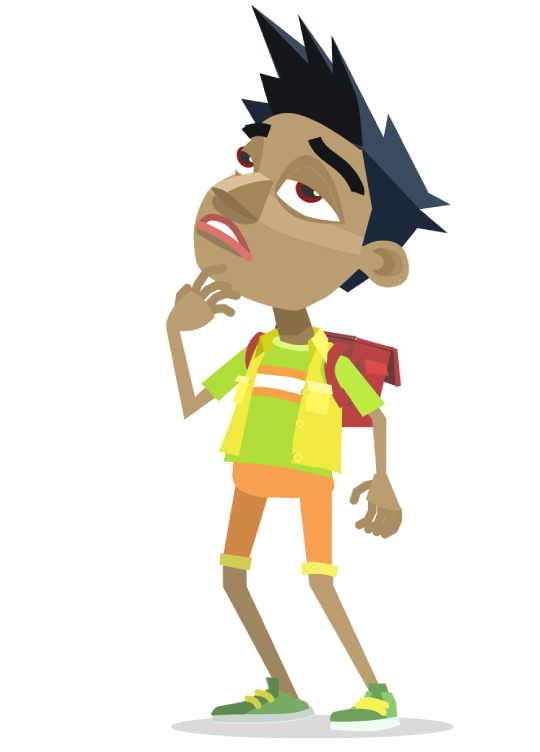
IDL Literacy Screener
The IDL Literacy Screener is a simple, effective online tool that can be used to highlight dyslexic type difficulties.
Learn More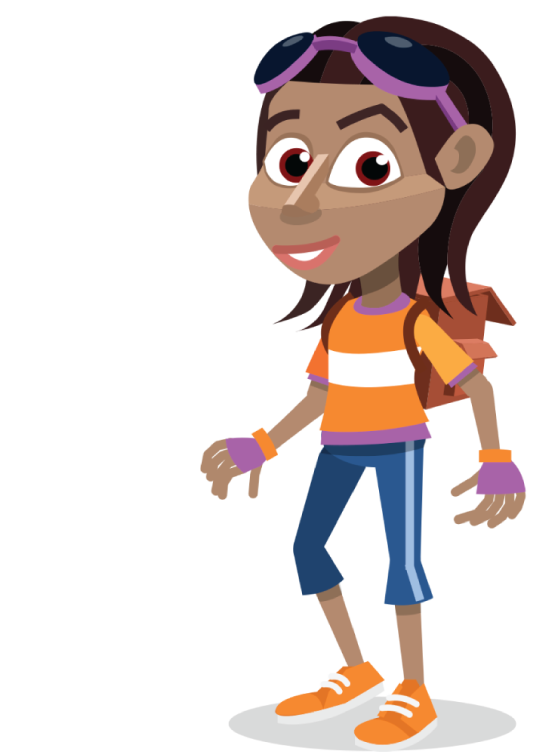
IDL Numeracy Screener
The IDL Numeracy Screener has been developed to provide a simple to use online test that will highlight any dyscalculic tendencies or number SEN.
Learn More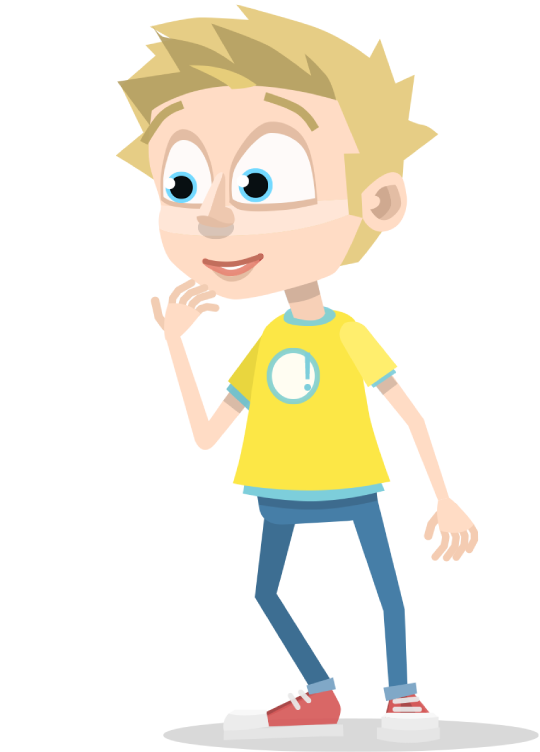
IDL Maths Tutorials
The IDL Animated Maths Tutorials present the main topics in the school curriculum in an easy-to-follow, step-by-step way.
Learn More
IDL Multiplication Tables Check
This revision tool prepares learners for the mandatory Multiplication Table Check (MTC), which is now statutory for all primary schools in England.
Learn More
